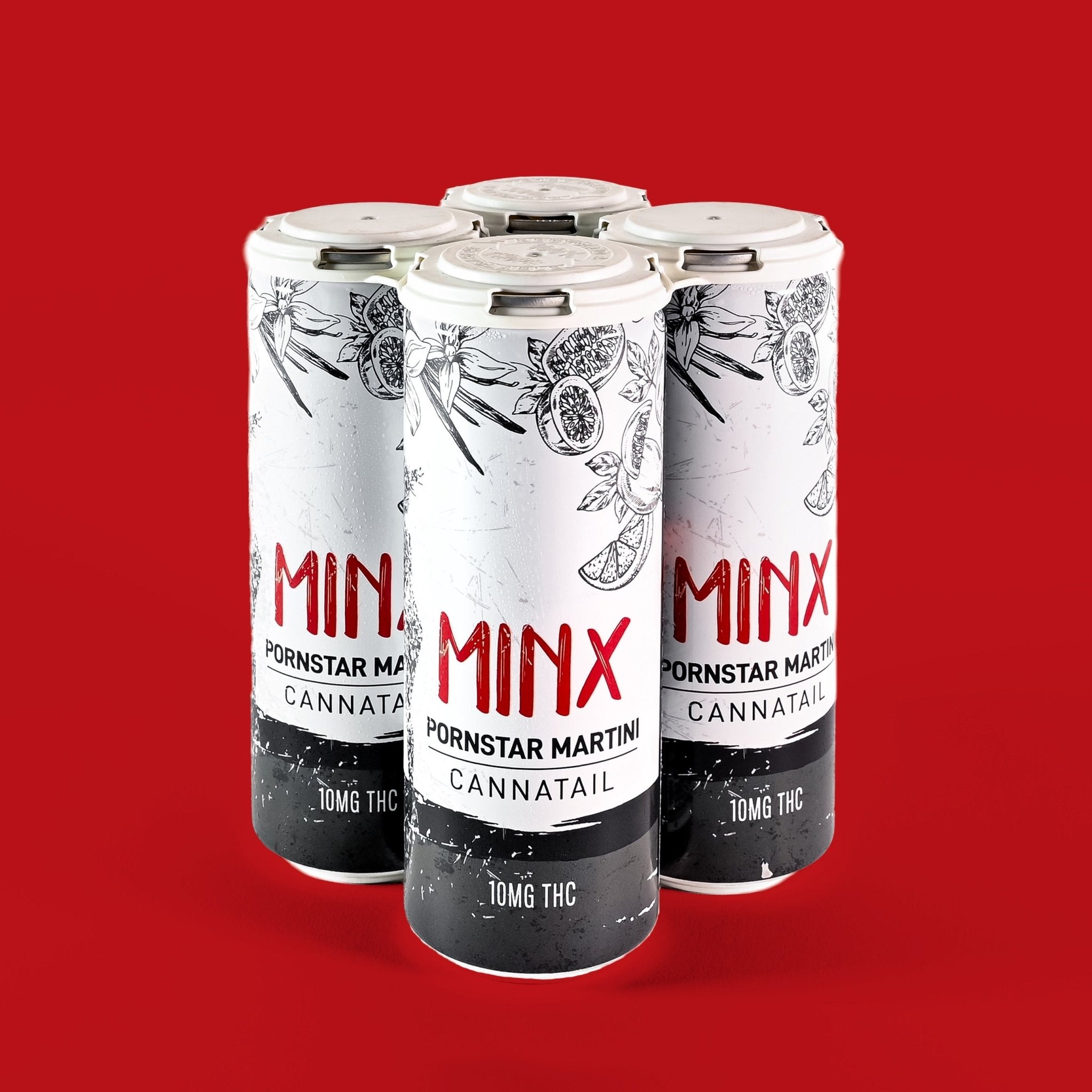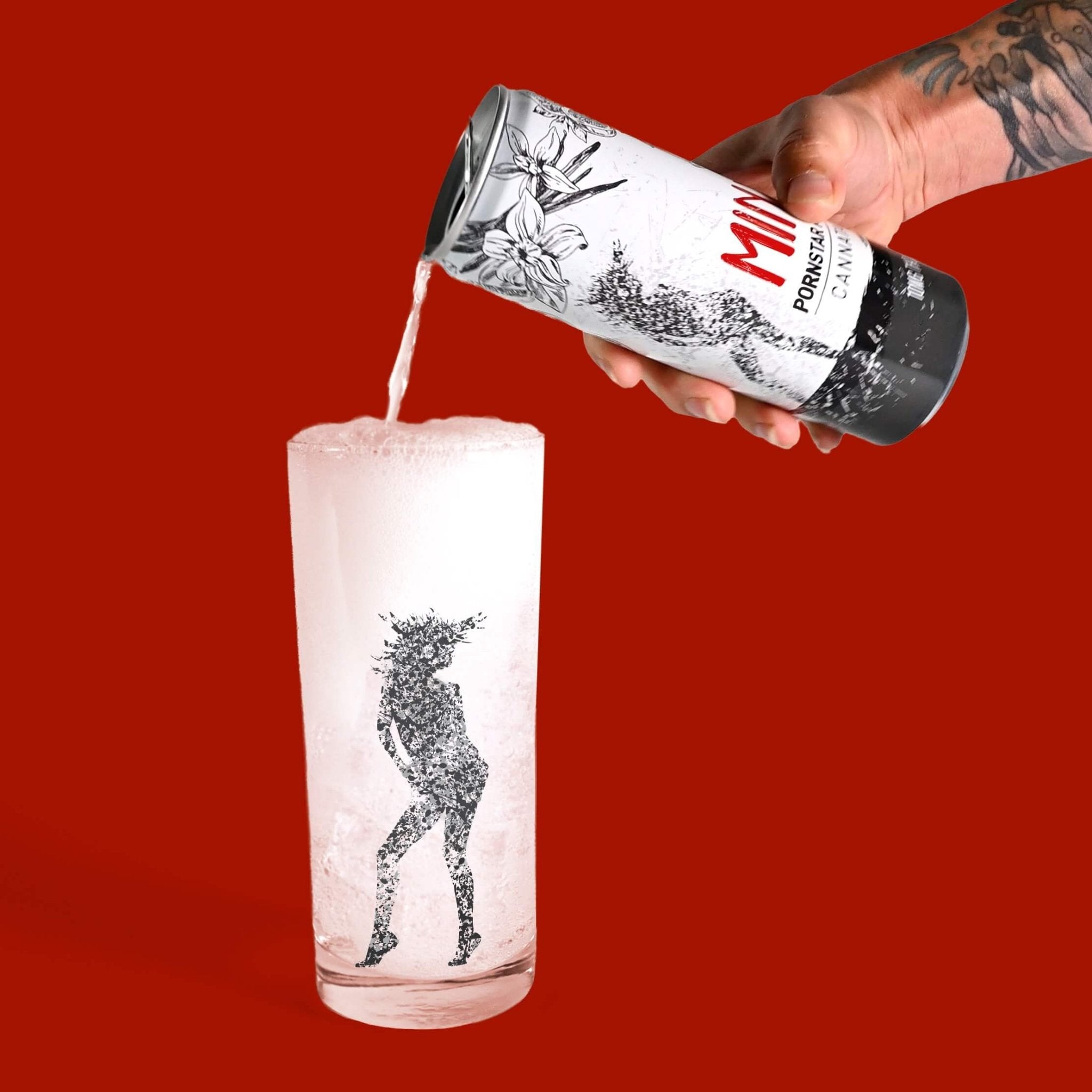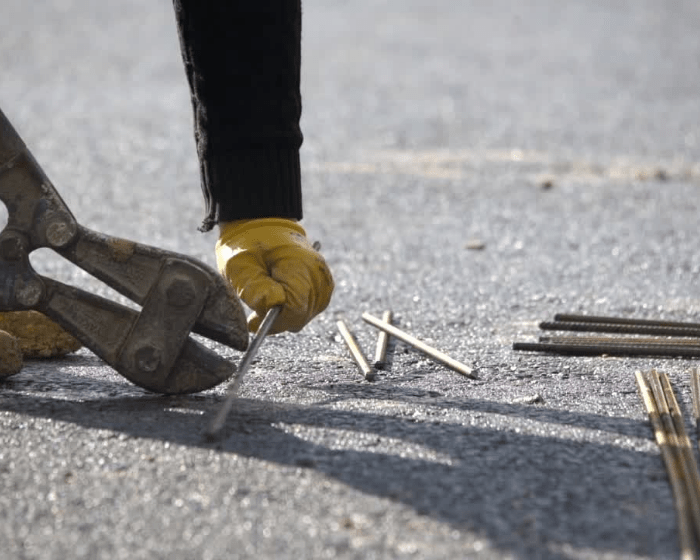
A hemp biotech company is teaming up with one of the world’s largest plastic producers to develop a resin that could reduce plastic’s overall carbon footprint by nearly half, reports Hemp Industry Daily.
The two companies, Heartland Industries and Ravago, will work together to create what they described as “the next generation of plastic resins” using hemp as an additive. They plan to develop products for use in packaging, building materials, cars and trucks.
Because hemp sequesters carbon and is renewable, Heartland says a hemp-based additive for recycled plastics could reduce the carbon footprint of virgin plastics by as much as 44%.
Because hemp sequesters carbon and is renewable, Heartland says a hemp-based additive for recycled plastics could reduce the carbon footprint of virgin plastics by as much as 44%.
The Players
Heartland Industries
- Hemp biotech company (biotechnology is the use of living systems or organisms to create something that solves a problem)
- Based in Michigan
Ravago
- One of the world’s largest plastic companies, including plastics recycling
- International production and distribution, with HQ in Europe
Going Big
Key to this story is scale. Heartland and Ravago aim to develop products for companies that buy large volumes of plastic.
Heartland believes these companies are ready and waiting for more sustainable options in the plastic industry — they just haven't had a supply that can reliably meet their needs.
"Hemp is a carbon-negative material that can be used across manufacturing, but there is a vacuum of scalable production," Heartland explains on its website. "[...] This means that companies typically process hemp in small batches and try to wholesale material to any corporation that will buy it. American manufacturers would love to utilize hemp as an additive, but they don’t currently have a reliable supply chain. This leaves hemp sitting in the R&D departments of large corporations and universities."
Heartland’s role in the equation is building a reliable U.S.-based hemp supply that can be converted into an additive for the new breed of plastics. To do this, the company is working with farmers and manufacturers to ensure consistency of the raw hemp material.
"American manufacturers would love to utilize hemp as an additive, but they don’t currently have a reliable supply chain."
— Heartland Industries
That mission also dovetails with the Heartland's soil health initiative. In December, the company announced that its ‘Hemp4Soil’ program would be funded by a $360,000 grant over 3 years from the USDA’s Natural Resources Conservation Service. Heartland said it would use the grant "to partner with farming communities to advance research on soil health and carbon sequestration.”
As for Ravago, sustainability is a stated priority for the company. And with a solid supply in place, it will be able to offer its customers an option for more sustainable plastic that’s also stronger and lighter.
As for Ravago, with a solid supply in place the company will be able to offer its customers an option for more sustainable plastic that’s also stronger and lighter.
Heartland estimated that after the 2022 hemp harvest the companies will be able to process more than 100 million pounds of hemp additives for plastic compounding.
The retooling of equipment used for molding and compounding can be costly, according to Hemp Industry Daily. As part of the agreement, Ravago staff will guide Heartland in developing products to work with plastic companies’ existing settings and machinery.







































